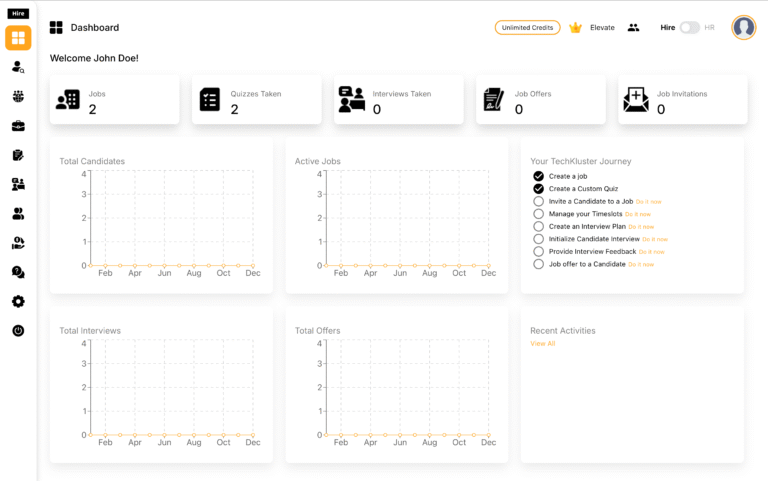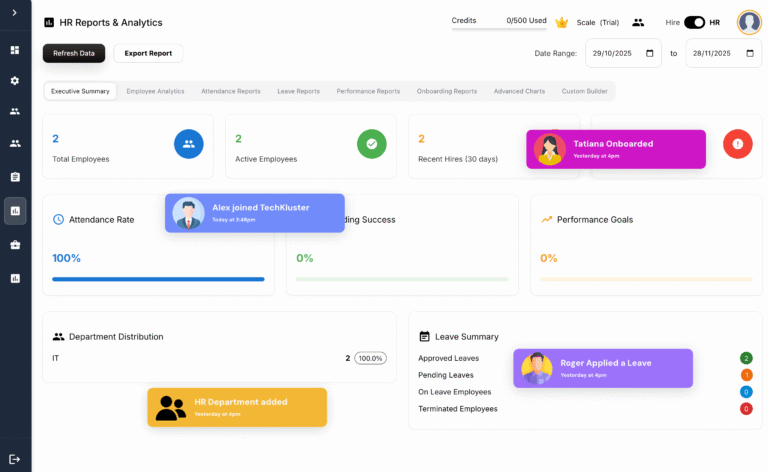1. Introduction to the No Free Lunch Theorem In the pursuit of developing robust and powerful machine learning algorithms, practitioners often encounter a fundamental principle known as the "No Free Lunch" theorem. Coined by David Wolpert in 1996, this theorem challenges the notion of a universal, one-size-fits-all algorithm that excels at every problem. In this …
1. Introduction to the No Free Lunch Theorem
In the pursuit of developing robust and powerful machine learning algorithms, practitioners often encounter a fundamental principle known as the “No Free Lunch” theorem. Coined by David Wolpert in 1996, this theorem challenges the notion of a universal, one-size-fits-all algorithm that excels at every problem. In this article, we embark on a journey to understand the essence of the No Free Lunch theorem, its implications for machine learning, and its broader impact on the field of artificial intelligence.
2. The Essence of Optimization
At the heart of the No Free Lunch theorem lies the concept of optimization. In machine learning, optimization refers to the process of finding the best possible solution, often through iterative algorithms. The goal is to minimize or maximize an objective function while navigating the complex landscape of possible solutions.
3. Demystifying the No Free Lunch Theorem
Formal Statement and Implications
The No Free Lunch theorem can be formally stated as follows: “For any algorithm, if it performs well on one class of problems, it must perform poorly on another class.” In other words, no algorithm is universally superior across all possible problem domains. The theorem challenges the idea of a “best” algorithm and reminds us that the effectiveness of an algorithm depends on the specific problem it addresses.
Understanding the Universal Problem Space
To comprehend the theorem’s implications, we must recognize the vast and diverse space of all possible problems. This “universal problem space” encompasses an infinite array of problem instances, each with unique characteristics, structures, and challenges. As a result, an algorithm that excels in one region of this space may struggle in another.
4. Practical Implications and Real-World Examples
The No Free Lunch theorem has significant implications for machine learning practitioners. It encourages a nuanced and problem-specific approach to algorithm selection. For instance, a decision tree algorithm may excel in classification tasks with discrete features, but it might struggle with high-dimensional data or regression problems.
5. Is There a Silver Bullet? Specialization and Problem Constraints
While the No Free Lunch theorem suggests the absence of a universal “silver bullet” algorithm, it emphasizes the value of specialization and problem-specific adaptation. By tailoring algorithms to the characteristics of a particular problem, practitioners can leverage domain knowledge and exploit inherent structures for improved performance.
6. Coding Illustration: No Free Lunch in Algorithm Selection
Let’s illustrate the No Free Lunch theorem using Python code to compare the performance of two algorithms on different problem domains:
from sklearn.datasets import make_classification
from sklearn.linear_model import LogisticRegression
from sklearn.ensemble import RandomForestClassifier
from sklearn.model_selection import cross_val_score
# Generate synthetic classification data
X, y = make_classification(n_samples=1000, n_features=20, random_state=42)
# Initialize classifiers
logistic_reg = LogisticRegression()
random_forest = RandomForestClassifier()
# Compare performance using cross-validation
logistic_scores = cross_val_score(logistic_reg, X, y, cv=5)
random_forest_scores = cross_val_score(random_forest, X, y, cv=5)
print("Logistic Regression Scores:", logistic_scores)
print("Random Forest Scores:", random_forest_scores)7. The Balance Between Complexity and Problem-Specific Adaptation
The No Free Lunch theorem prompts a delicate balance between algorithmic complexity and problem-specific adaptation. While specialized algorithms can excel in specific contexts, they might struggle with tasks that lie beyond their design scope. As a result, machine learning practitioners must weigh the trade-offs between model complexity and generalizability.
8. The No Free Lunch Theorem Beyond Machine Learning
The No Free Lunch theorem transcends the realm of machine learning. It has implications in optimization, algorithm design, and even philosophy. In essence, the theorem underscores the notion that problem-solving strategies must be tailored to the intricacies of the task at hand.
9. Implications for the Future of AI and Problem Solving
As artificial intelligence continues to advance, the No Free Lunch theorem remains a guiding principle. It encourages researchers to explore hybrid approaches, ensemble methods, and meta-learning techniques that leverage the strengths of different algorithms for various problem domains.
10. Navigating the Complexity: Strategies and Approaches
To navigate the challenges posed by the No Free Lunch theorem, machine learning practitioners can adopt several strategies:
- Domain-specific feature engineering
- Ensemble methods that combine multiple algorithms
- Transfer learning to leverage knowledge from related tasks
- Meta-learning to adapt algorithms to new tasks
11. Overcoming the Limitations: Hybrid Approaches
In response to the No Free Lunch theorem, researchers have developed hybrid approaches that leverage the strengths of different algorithms. These approaches combine specialized models to create a more powerful ensemble. For example, an ensemble could consist of a decision tree model for handling categorical features and a neural network for capturing complex patterns in continuous data.
from sklearn.ensemble import VotingClassifier
from sklearn.tree import DecisionTreeClassifier
from sklearn.neural_network import MLPClassifier
# Initialize individual classifiers
decision_tree = DecisionTreeClassifier()
neural_network = MLPClassifier()
# Create a voting ensemble
ensemble = VotingClassifier(estimators=[
('decision_tree', decision_tree),
('neural_network', neural_network)
], voting='soft')
# Compare ensemble performance using cross-validation
ensemble_scores = cross_val_score(ensemble, X, y, cv=5)
print("Ensemble Scores:", ensemble_scores)12. The Role of Transfer Learning
Transfer learning, a concept popularized in deep learning, capitalizes on knowledge gained from one task to improve performance on a different, but related, task. By transferring pre-trained models or embeddings, practitioners can jumpstart learning on a new problem while benefiting from the expertise of the source task.
13. Meta-Learning: Adapting to New Tasks
Meta-learning, or learning to learn, focuses on training models that can quickly adapt to new tasks with limited data. These meta-models learn high-level strategies for problem-solving, enabling them to rapidly adjust their behavior based on task-specific characteristics.
14. Exploring Philosophical Implications
Beyond its technical impact, the No Free Lunch theorem has philosophical implications. It underscores the inherent complexity and diversity of problem-solving, challenging reductionist approaches that seek a single, universal solution. This realization has profound implications for the nature of intelligence, problem representation, and our understanding of the limits of algorithmic knowledge.
15. The No Free Lunch Theorem in a Big Data Era
In the era of big data, the No Free Lunch theorem remains relevant. The abundance of data does not eliminate the theorem’s essence; rather, it underscores the need for careful algorithm selection and specialization. As datasets grow in size and complexity, the importance of leveraging domain knowledge and problem-specific adaptation becomes even more critical.
16. Embracing Uncertainty and Iteration
The No Free Lunch theorem encourages a perspective of humility and iterative improvement. It suggests that no model is perfect for all scenarios and that the journey of algorithm design and selection is an ongoing process of refinement and adaptation.
17. The Art of Problem Formulation
While the theorem emphasizes the role of algorithms, it also highlights the art of problem formulation. The way a problem is framed and its inherent characteristics significantly influence the choice of algorithms and their success.
18. Conclusion: Navigating Complexity with Wisdom
The No Free Lunch theorem serves as a guidepost in the landscape of machine learning and artificial intelligence. It reminds us that the path to effective problem-solving requires careful consideration, domain knowledge, and an openness to diverse strategies. Rather than a limitation, the theorem propels us toward innovation, specialization, and the pursuit of ever-improving solutions. As we grapple with complex challenges, we embrace the wisdom of adaptation, forging a path forward that honors the uniqueness of every problem and fuels progress in the boundless realm of intelligence and technology.





